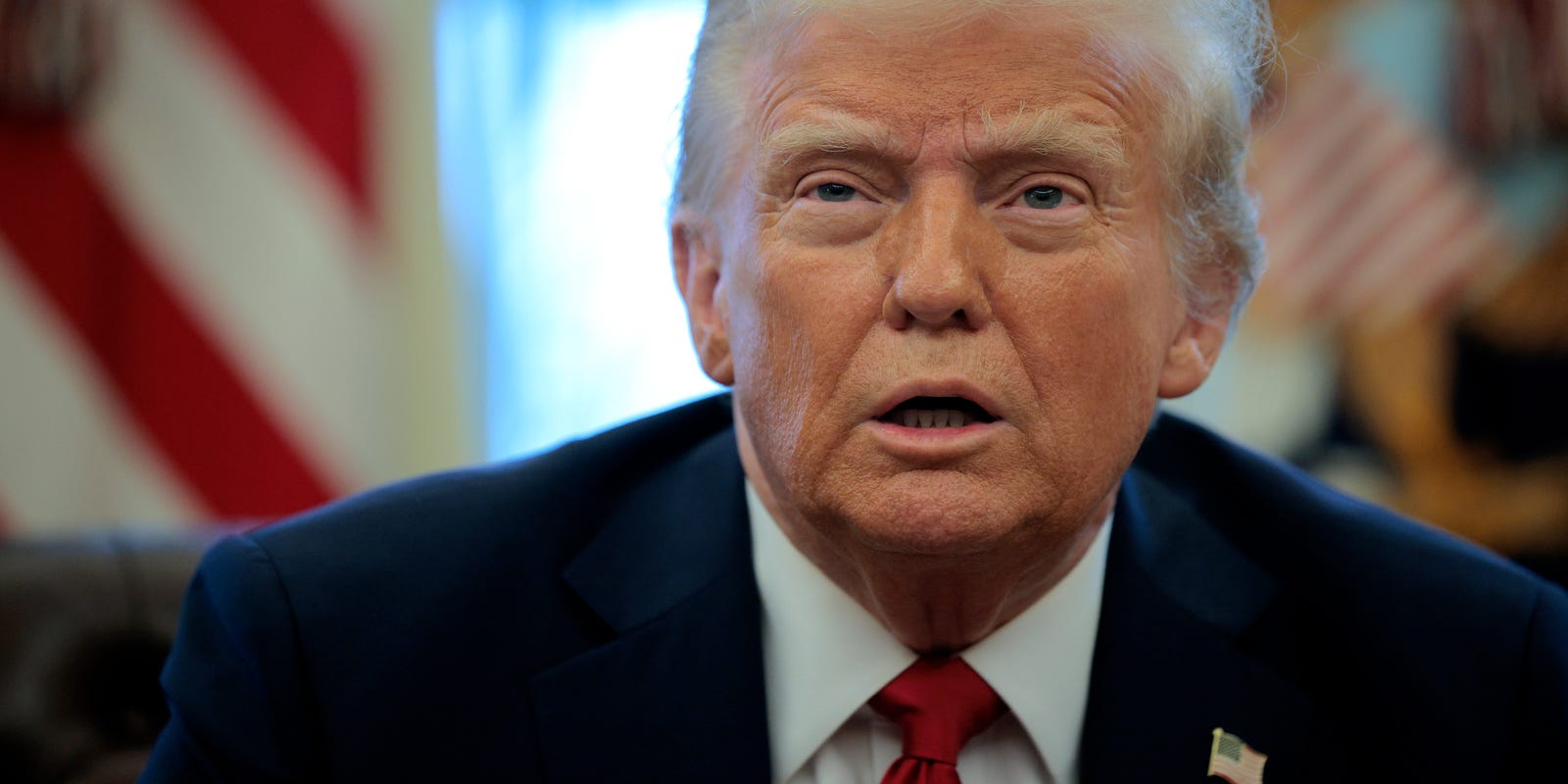Trump Claims Blockade on Gaza Contraceptive Aid: Fact or Political Rhetoric?

In a controversial move that sparked international debate, the Trump administration's foreign aid policies came under scrutiny over claims of blocking contraceptive funding to Gaza. The situation highlights the complex intersection of international health policy, humanitarian aid, and geopolitical tensions.
The United States has long been a significant contributor to global family planning and reproductive health initiatives, investing millions of dollars in contraceptive programs worldwide. However, during the Trump presidency, several existing aid programs faced unprecedented challenges and potential funding cuts.
Specifically regarding Gaza, reports emerged suggesting that a $50 million allocation for contraceptives and reproductive health services was potentially halted. This decision raised significant concerns among humanitarian organizations and global health experts who argue that such funding is critical for supporting vulnerable populations.
The controversy underscores the broader implications of foreign aid policy shifts, where political decisions can have immediate and profound impacts on public health infrastructure in developing regions. While the exact details of the funding suspension remained complex, the incident highlighted the delicate balance between diplomatic strategies and humanitarian needs.
International health advocates emphasized that contraceptive access is not just about family planning, but also about women's health, economic stability, and overall community well-being. The potential funding interruption in Gaza represented more than a financial decision—it symbolized the broader geopolitical tensions affecting humanitarian assistance.
As global discussions continue about the role of international aid and reproductive health support, such incidents continue to provoke important conversations about responsibility, compassion, and the fundamental right to healthcare.

